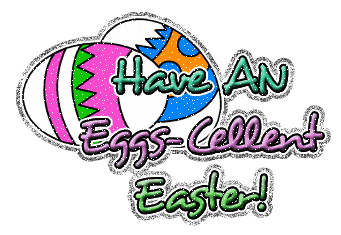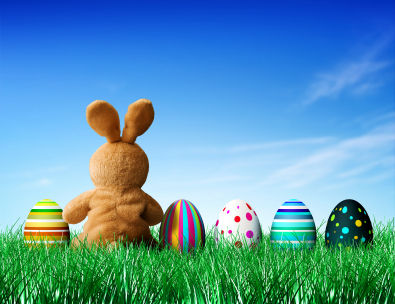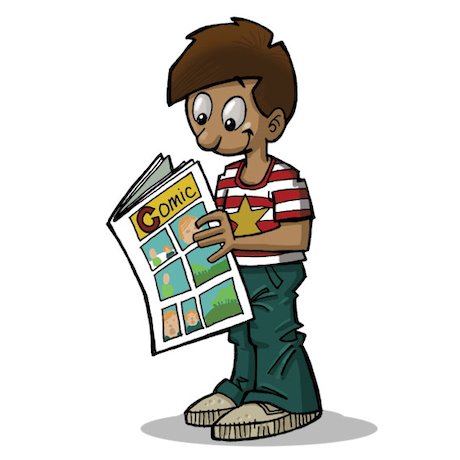
WHAT IS EASTER?
Easter is the celebration of Jesus Christ's rising from the dead after His crucifixion which took place on what we now say Good Friday.
Easter is usually celebrated on the first Sunday after the full moon following the Vernal or Spring Equinox on March 21st. This can be any Sunday between March 22nd and April 25th. It is the most sacred of all the Christian holidays or celebrations.
Christ's return (or rising) from death is called the Resurrection. According to the Scriptures, Christ's tomb was empty three days after His death, which is commemorated on Good Friday. His followers saw Him and talked to Him after this. Christians therefore believe that they have the hope of a new life (an everlasting life in Heaven) after their earthly death.
EASTER IN THE ANCIENT DAYS
Although of course Easter is a Christian festival, it has many pre-Christian. Eastre was the Anglo-Saxon name of a Teutonic goddess of spring and fertility. A month was dedicated to her, corresponding to our month of April. Her festival was celebrated on the day of the vernal equinox and traditions associated with the festival live on in the modern day Easter rabbit, a symbol of fertility, and in coloured Easter eggs. These were originally painted with brilliant colours to represent the warmth and sunlight of spring, and used in Easter-egg rolling contests or given as gifts.
THE HOLY WEEK
The Holy week is the last week of Lent. Lent is the forty days special season prior to Easter Sunday.

The Holy Week begins with the observance of Palm Sunday, the Sunday before Easter Sunday. The name, Palm Sunday originated from Jesus’ entry in Jerusalem. The crowd laid carpets of palms on the street for Him. The Last Supper is commemorated on Holy Thursday of special week (often called Maundy Thursday) and Friday is the anniversary of the crucifixion of Jesus Christ on the cross. The Lenten season and Holy week end with Easter Sunday (the Resurrection of Jesus Christ).
THE NAME EASTER
Easter was called Pesach by early Christians. It is the Hebrew name for Passover. Today, the names for Easter in many cultures in Europe are similar to the word Pesah. The English name Easter is much newer. When the early English Christians wanted others to accept Christianity, they decided to use the name Easter for this holiday so that it would match the name of the old spring celebration in honour of Eastre, goddess of spring and fertility. This made it more comfortable for other people to accept Christianity.
SYMBOLS OF EASTER
- Easter eggs & baby chicks: Eggs and chicks symbolize new life. Eggs have been a symbol of spring since ancient times. An egg also is a symbol of the rock tomb out of which Christ emerged when he arose again. The chick, hatching out of the egg, symbolizes new life or re-birth.

- Easter bunny: The rabbit, or hare, was a symbol of abundant new life in ancient times, and reminds us of spring and new life.

- Easter lilies: Easter lilies symbolize the purity of Jesus. They also symbolize new life and the resurrection of Christ.














